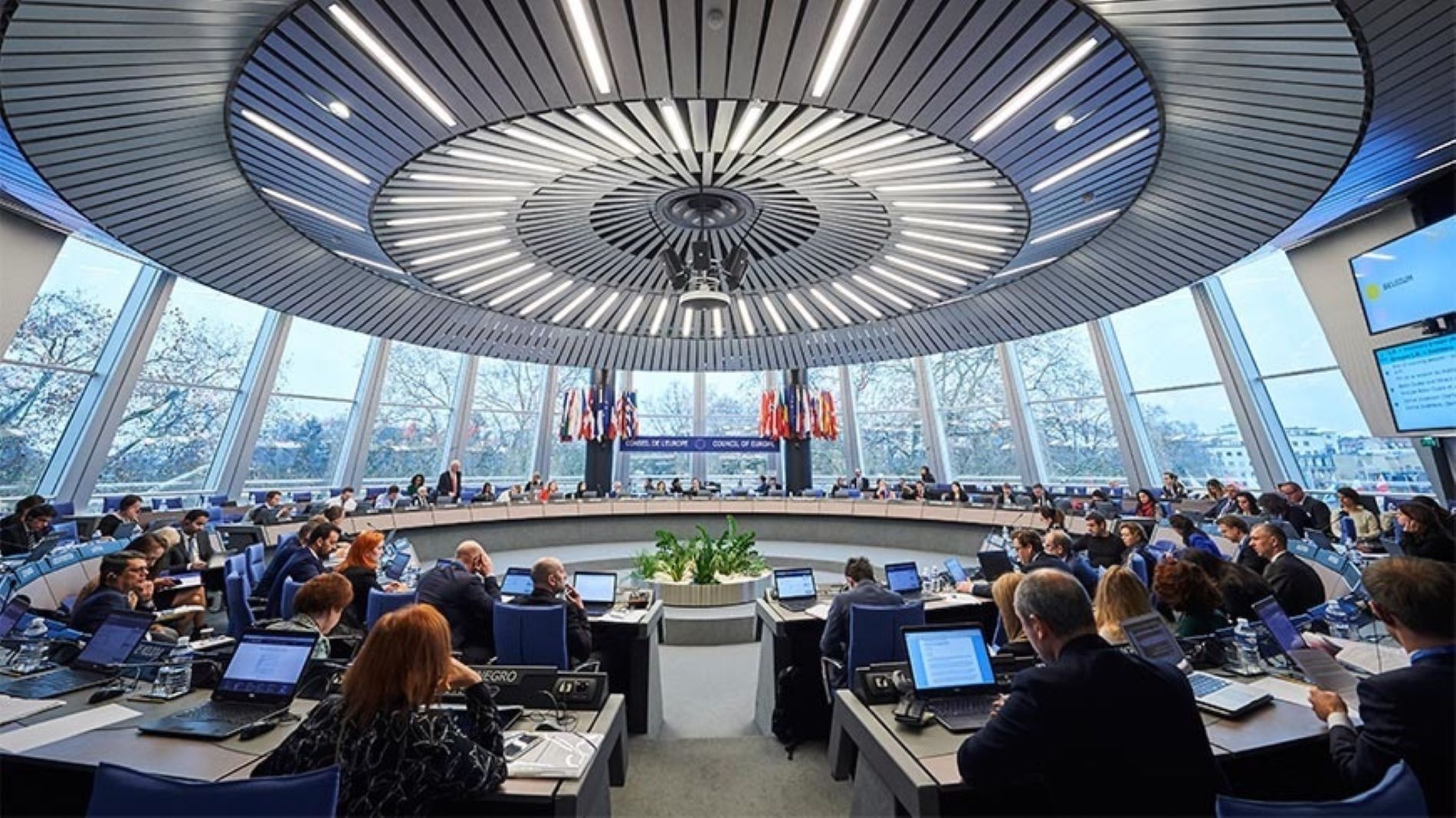A new rebuke for Spain in Europe, this time over its weak response in the fight against corruption. The Council of Europe's Group of States against Corruption (Greco) has asserted that the Spanish government's anti-corruption measures are too focused on civil servants, and leave out "indications on how these measures must specifically cover areas of risk of conflict of interest and corruption, with respect to persons with senior executive functions." Greco's criticisms of Spain are spelt out over the almost-20 pages of the Compliance Report, in which they criticise that, of the 19 recommendations made by the body to the Spanish state for improvements in this area, none have been fulfilled in full: only 7 have been partially fulfilled while the remaining 12 have been directly ignored.
No recommendations have been met
Thus, the key human rights body is severely critical of Spain, asserting that "people with executive functions" must be at the centre of anti-corruption policies: "These people, who are the priority of the fifth round of Greco, present somewhat different challenges to those of other public servants due to the political nature of their role, their close interactions with the private sector...", the body details in the report, calling for a stronger basis in this regard.
One by one, the Group of States against Corruption reviews all the recommendations made by the Spanish state and its conclusions are always the same: either "Greco concludes that this recommendation has not been complied with" or, at most, "Greco concludes that this recommendation has been partially fulfilled." This applies to all of the 19 areas that make up the report. For example, the group's first recommendation refers to "strengthening the current regime applicable to advisers, subjecting them to transparency and integrity requirements equivalent to those applied to people with senior executive positions," which has not been complied with, even partially.
Spanish Civil Guard has failed to comply
This is not the only area in which the Spanish government fails to make the grade, as the report also criticizes that the country has not adopted measures to prevent corruption and improve integrity in the Police and Civil Guard, regretting that there is no strategy to prevent corruption in these two bodies and demanding "determined action" to remedy this. In the same vein, Greco recalls the recommendation it made regarding the creation of a code of conduct for the Civil Guard, and that it be made public, among other measures. In this regard, it does acknowledge the progress that has been made by the state, but the report considers that it has only been partially fulfilled. The Civil Guard was the focus for many of the points made earlier in the fight against corruption, and Greco recommended "reconsidering the entry system for the descendants of members" of the body, something that has not been undertaken.
There are also further recommendations on the two bodies that have not been put into place. The Council of Europe body called for a strategic assessment of existing risks in the areas most prone to corruption to "detect emerging issues and threats." This data should be used to design a "strategy with regard to integrity and to combat corruption". In this regard, Greco regrets "the lack of specific actions to comply with this recommendation." On the other hand, it points to "partial compliance" in the section that ask for a "review of internal processes related to the professional career, with the sole aim of identifying opportunities to improve the registration and publication of the basis for decisions, in order to establish a more objective and transparent approach".
Greco stresses the importance of integrating women at all levels of the security forces and bodies and "welcomes" the development of specific policies to promote gender equality in both Spanish bodies. However, the recommendation is only partially met, as transparency must continue to be worked on.
Apologies from Spanish government
Faced with these failures, foreseeable in advance, the Spanish government has tried to disguise its shortcomings in the fight against corruption, recalling that in 2019 two general elections were held, those in April and the repeat election in November which resulted in the coalition government between PSOE and Unidas Podemos. In addition, the administration made it clear that shortly after the executive was formed, prime minister Pedro Sánchez had to declare a state of alarm due to the outbreak of the pandemic and all other measures were postponed or given a lower priority.
In the face of all these breaches, the Spanish government has recalled that it has already announced the referral to parliament of the bill for the prevention of conflicts of interest among public employees, a text that was supposed to be published in October 2021. For this reason, Greco reminds the Spanish executive that this initiative is still in an initial phase.
This compliance report assesses the measures taken by the authorities to implement the recommendations issued by the body in the Fifth Round Evaluation Report on Spain, in the 83rd meeting of Greco.

